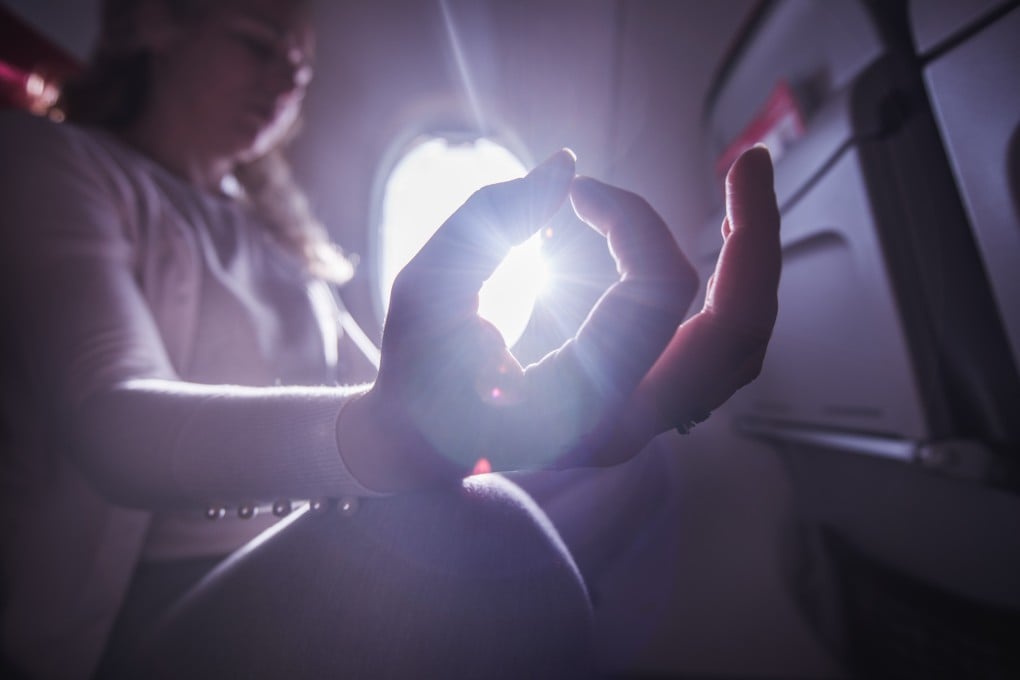To reduce fear of flying, airlines are partnering with meditation, relaxation and yoga app makers
- Flying is stressful at the best of times, and the coronavirus is only adding to fliers’ anxiety
- Airlines have been teaming up with meditation app makers to offer relaxation tracks

Coronavirus, the Boeing 737 MAX crisis: air travel has never been more stressful. And that is before you take into account the claims made in 2019 documentary Everybody Flies, in which former airline captain Tristan Loraine says that even the air we breathe on planes is laced with toxic chemicals.
Add to this the gradual attrition of economy class perks, and it is no wonder that meditation apps are infiltrating the cabin. Industry leader Headspace was the first to do this, with its Virgin Atlantic partnership in 2011. It has now partnered with a further 11 airlines, and last year rolled out new meditations and sleep tracks.
“Travelling, whether for work or for play, can often take you out of your element, so it’s important to take time to take care of your mind,” says Angelica Kelly, senior manager of communications at Headspace.

Though the exact method of delivery differs, these apps all rely on the same premise: the awareness and allowance of difficult thoughts.